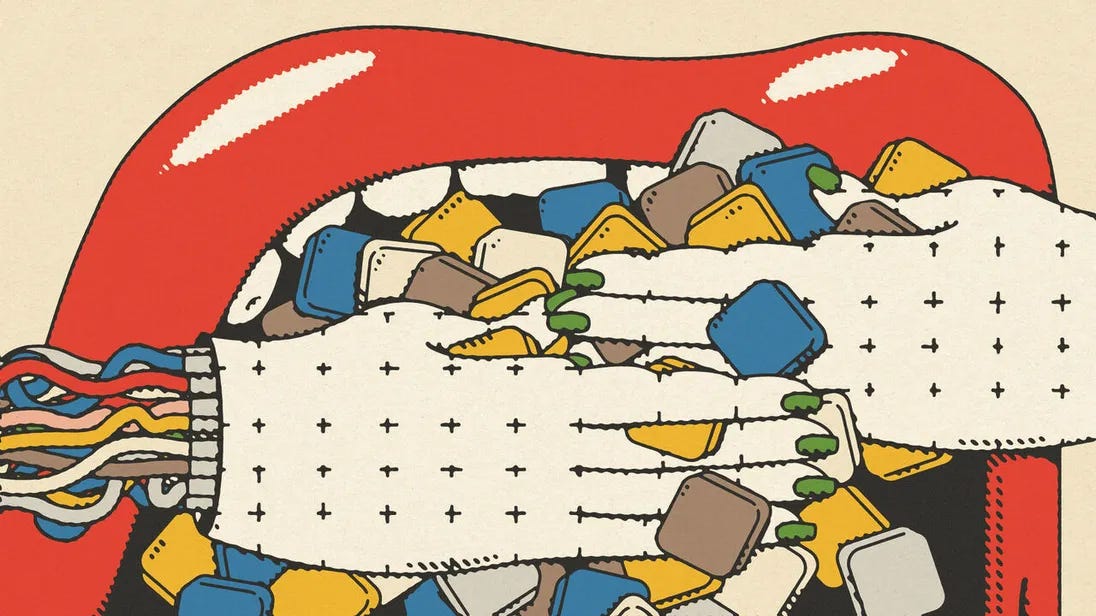In the usually gossipy world of Silicon Valley, something strange is happening. It is hard to find a generative artificial-intelligence entrepreneur with a bad word to say about anyone. This may be an age thing. Many of those launching AI startups were born after sci-fi dystopias like “The Matrix” (né 1999) and are young enough to still believe AI will be a force for good for everyone. To them, even the word “frenemy” sounds too red in tooth and claw.
Bonhomie aside, though, a competitive dynamic is emerging that will only grow fiercer. Take AI startups like Anysphere, whose Cursor app helps software developers write code, Harvey, which provides AI to law firms, and OpenEvidence, which does the same for doctors (and on October 20th raised $200m at a valuation of $6bn).
These apps are growing rapidly by making use of large language models (LLMs) provided by the likes of OpenAI, maker of ChatGPT, and Anthropic, maker of Claude. They pay to use the models, but unlike the AI labs, they do not burn through billions in a quest for superintelligence. That makes their path to profitability easier.
Meanwhile valuations for the cash-incinerating AI labs—$500bn for OpenAI and $183bn for Anthropic—are stratospheric, indicating that as their models become more capable, investors believe they will someday usurp the profits of the startups that rely on them. Think of the labs as Cronos, a titan in Greek mythology, trying to devour his children (or as Amazon, a titan of e-commerce, making products to undercut those that sell well on its platform). The question, as with Cronos, is: can the little ones survive and fight back?
Read more | THE ECONOMIST

